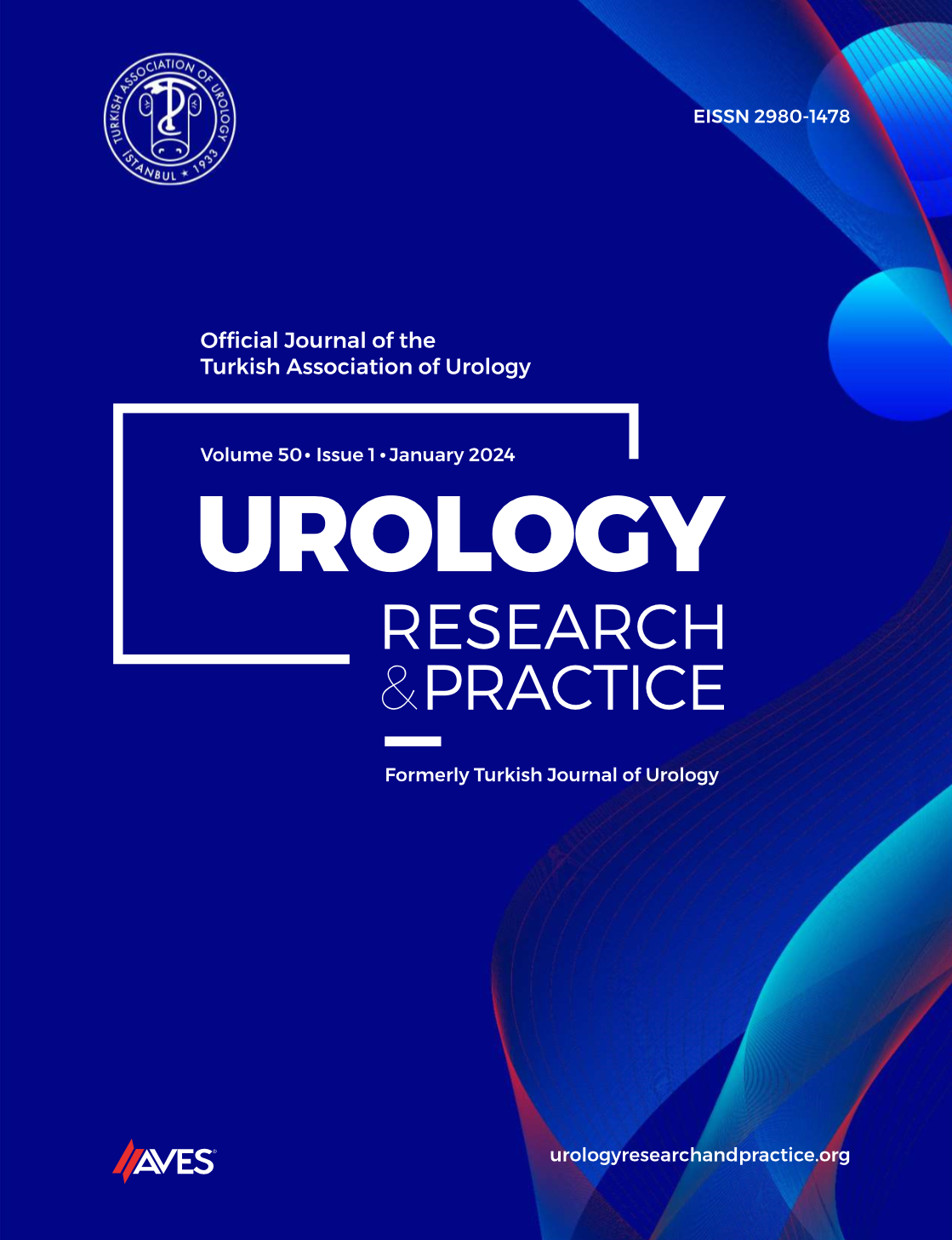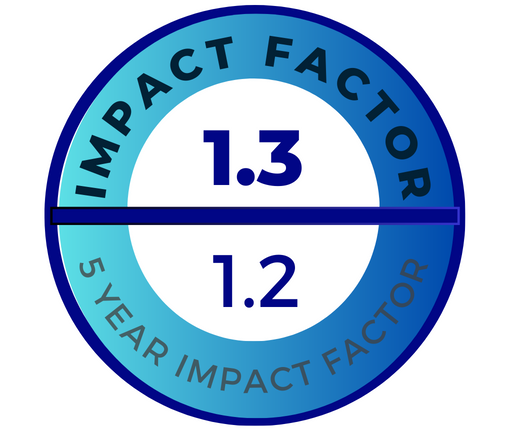Abstract
Neurogenic detrusor overactivity (NDO) is a disorder that can cause high intravesical pressure, decreased capacity, decreased bladder compliance, and upper urinary system damage. The current treatment options for NDO are established on the basis of agents that block parasympathetic innervation of the detrusor and inhibit involuntary bladder contractions. Several side effects, such as dryness of mouth, constipation, dyspepsia, changes in visual accommodation, somnolence, and being unable to obtain consistently favorable results, caused by anticholinergic agents, which are frequently used for this purpose, decrease the patient’s compliance to treatment. Procedures such as neuromodulation, auto-augmentation, and enterocystoplasty are surgical options, and they could be used as the last alternative. Thus, botulinum toxin (BTX) injections to the detrusor have been commonly performed in recent years and lead to satisfactory results. The mechanism of action of BTX in NDO is based on the principal of smooth muscle relaxation in the bladder by the transient inhibition of neuromuscular nerve signals. The aim is to decrease acetylcholine secretion by blocking presynaptic vesicles in the neuromuscular junction. When studies were evaluated, it was observed that BTX injections to the detrusor muscle are a necessary and effective option in patients with incontinence caused by NDO. This treatment option could be indicated in situations where anticholinergic agents are not effective or could not be tolerated, and it could be a valuable alternative to major surgical treatments. In this review, we evaluated the effectiveness and reliability of BTX in patients with NDO.

.png)


.png)